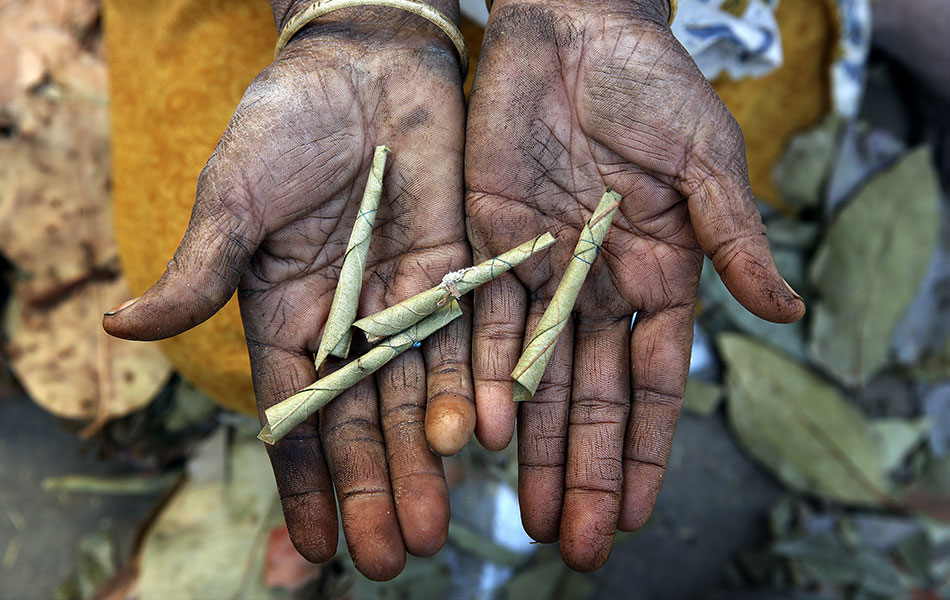Public health groups have moved a proposal to GST council for increasing compensation cess on tobacco products, Mint reported. The move comes a day after Finance Minister Nirmala Sitharaman said that she has not yet discussed increase in GST rate.
Goods and Services Tax (GST) council is set to meet on December 18 in the backdrop of lower-than-expected GST collection.
The groups have urged the GST council to further increase compensation cess on all tobacco products, while retaining them at the highest demerit goods category at 28 per cent.
The Central GST collection fell short by nearly 40 per cent at ₹3,28,365 crore against the Budget Estimate of ₹5,26,000 during the April-November period of 2019-20, government data said.
Yesterday, FinMin Nirmala Sitharaman said that the buzz of an increase in GST rates is everywhere other than her office. She was responding to a question on talk of current GST rates of 5, 12, 18 and 28 per cent being raised. The fall in revenues has hampered compensation given to states, but the Finance Minister also said that the Centre will honour dues of the states pending since August 2019. She did not disclose timeline for the same.
The health groups have argued that increasing cess on tobacco products “may help the government garner additional revenue of ₹190 billion (19000 crores) to make up the deficit shortfall” Mint reported.
“The additional revenues collected will support the deficit shortfall and can also be used to support government schemes like Ayushman Bharat,” Mint reported quoting Bhavna B Mukhopadhyay, Chief Executive, Voluntary Health Association of India, an NGO working towards health.
“Tobacco products at 28% rate and additional compensation cess will not only bring in additional revenue but also reduce tobacco consumption,” the proposal said.
It further said, compensation cess on all smokeless tobacco products should also be increased to 125%, on average, from the current 104%. This could potentially increase the GST revenue by about ₹3 billion (300 crores) while targeting a 10% reduction in consumption.”
Mint reported public health economists and cancer research experts calling for increasing the compensation cess uniformly on all cigarettes to ₹5,463 per 1000 sticks irrespective of their size.
The proposal also targeted bidis, which cost about 65 paisa per stick. It said the compensation cess can be applied on bidis at the rate of 30 paisa per stick which is expected to result in a retail price of minimum ₹1 per stick. It will lead to 52 per cent reduction in bidi consumption and also increase the revenue from bidis by about 37 billion (3700 crores).
Bidi rolling is the largest employment provider after agriculture and handicraft and nearly 8 million workers (80 lakh), of which most are women and children. It is home-based work. If the move is implemented, it may hamper workers’ life.
“If the government wants to spend the 37 billion on education and health of children of the Bidi workers, then I will support it. But, I doubt it will do so. Rather, it may give that amount to its cronies in the form of tax cut…that… I will oppose tooth and nail,” said K Nagaraj, professor and developmental economist who has worked extensively on Bidi rolling and tobacco production and consumption in the country.
Tobacco consumption is an addiction. Tobacco causes cancer is an established fact. “The government should spend on cancer research,” he added.
P. Sainath, founder editor of the People’s Archive of Rural India (PARI), said it will certainly have devastating effect on bidi workers. “Not just it will crush them, remove them, but the government offers these people no alternatives.” No alternative of livelihood is the basic issue in these kinds of actions, he added.
Also read: Taxpayers worried over GST red-flag reports

